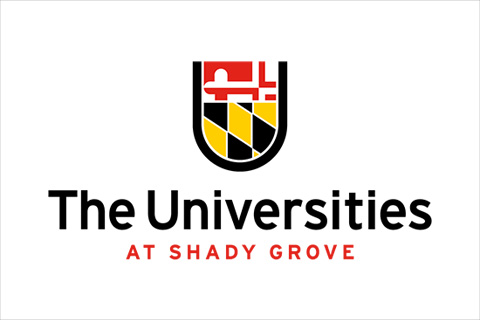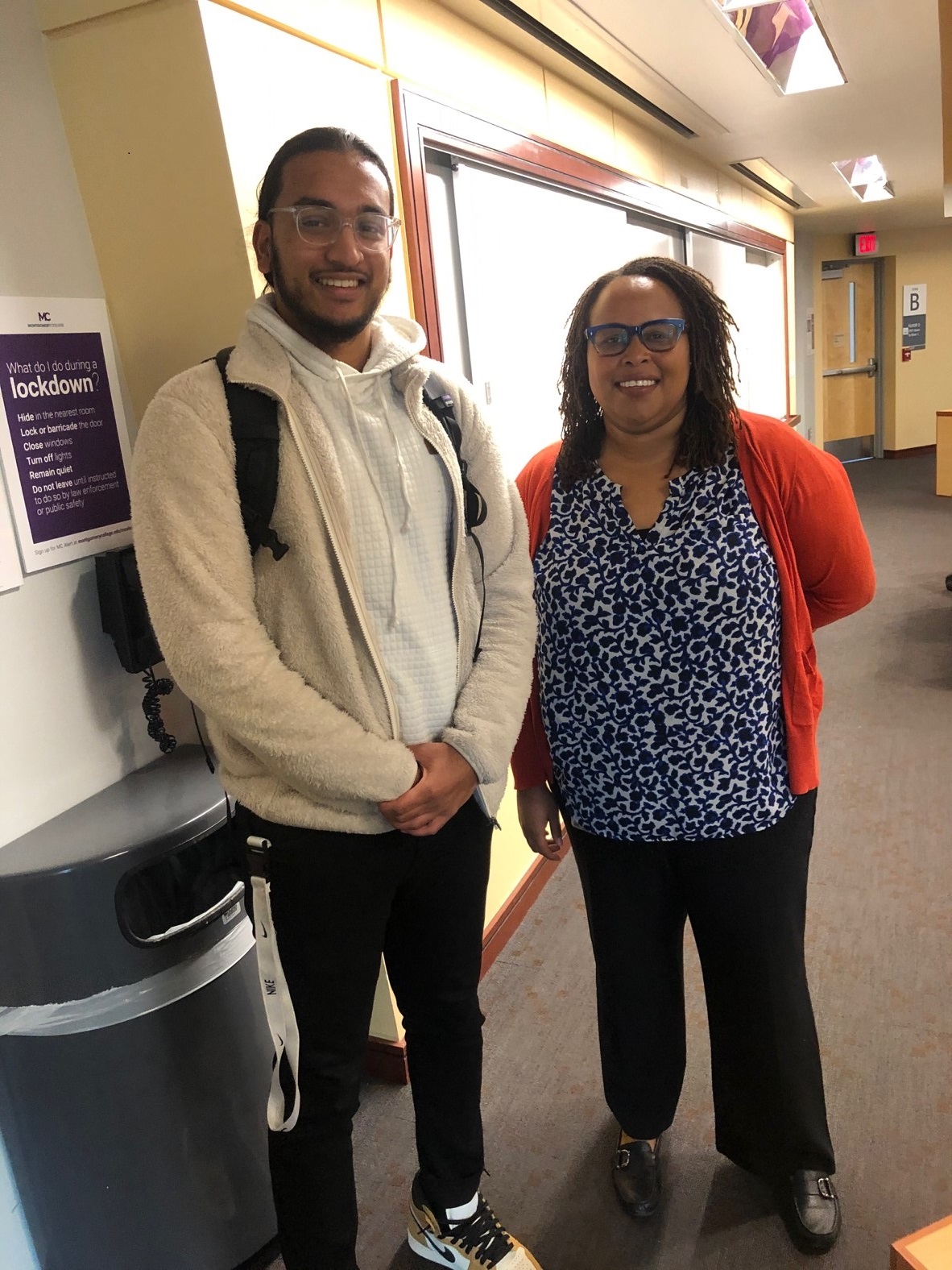Insights by Shayna Berman On Tuesday, November 19, I attended a Montgomery College (MC) to…

On February 21, I attended my first online webinar, “The Entrepreneur’s Mind,” hosted by Montgomery College’s Workforce Development and Continuing Education and led by Aparna Sain, a global entrepreneur, and a professional innovation and development business advisor. Sain discussed enhancing one’s thinking as an entrepreneur, establishing a feasible thinking process, and identifying core principles of the Lean Startup methodology.
The webinar was kicked off with a discussion of what an idea should look like and how it should be formulated. In the early stages of a business, assumptions are crucial – an example is AirBnb, which did a customer analysis to determine if their assumption of people paying for residential space in the city (due to limited space) instead of hotels would hold true. The process they followed to achieve this was they identified the problem/need, satisfied the need, tested the need, then tried out with consumers, while engaging them in the process to allow them to be active participants in the company, rather than passive voices. The main takeaway from this case study was that before a business is established, a hypothesis must be tested with consumers extensively.
After this case study, Sain conducted a quick mental activity with the attendees. She asked the participants to jot down three people they admired and the reason they admired them. I wrote down my three people and their respective qualities (namely vision, fortitude, and empathy), and related it to my personal mission statement: I want to be an empathetic guiding hand that does not waver in tough times in my corporation or workforce.
Next, Sain discussed the process for the crucial “how” step of a business – validating an idea and creating a Minimum Viable Product (MVP). This is accomplished by the Lean Startup methodology, which is a customer-oriented methodology that takes away the idea of a traditional, extensive business plan in favor of proving a concept and molding a product to something the market accepts. In this methodology, one of the best ways to test your product is through the customer discovery phase, which includes in order: stating your hypothesis, testing it through a small, standard questionnaire with all interested parties involved (with a minimum of 75 to 100 interview subjects), testing the product concept, and refining the hypothesis until a solid hypothesis can be validated. This process works for established business, and established businesses in existing markets can use questionnaires to enhance marketing strategies/pitch and find if their product is still viable.
The webinar concluded with a discussion of the mindset of an entrepreneur. An entrepreneur should always question and be curious with your offerings, and with yourself (i.e. “What problem am I really solving?”). With these questions, an emotional balance is required from the entrepreneur to forge ahead. This is accomplished by maintaining a positive attitude by being adventurous, creative, and open. Most importantly, the critical stakeholders are your own employees – different tools must be utilized to check with your team to ask them if they’re excited about your business, and if they still feel their personal goals aligns with that of the company.
This webinar reaffirmed my goal of learning about the Lean Methodology, especially with regard to how it can be applied to startups. I am currently reading the The Lean Startup: How Today’s Entrepreneurs Use Continuous Innovation to Create Radically Successful Businesses by Eric Ries (courtesy of the Hillman bookshelf), and a lot of essential steps and processes discussed in the books, especially in regard to utilizing feedback from customers, resonates a lot with the disruption process we are learning in class. I hope to learn more about the Lean methodology, and I am confident I will apply it in my future business ventures.





Samir, so pleased that you enjoyed our webinar by Instructor Sain last year! She also teaches in person Mindful Entrepreneurship courses in our Entrepreneurship & Innovation CE Certificate program: ENT-006 and ENT-008. Contact me to learn more: Marcy.Jackson@MontgomeryCollege.edu
Marcy Jackson, MA
Director, WDCE Small Business & Entrepreneurship Pre-Incubator